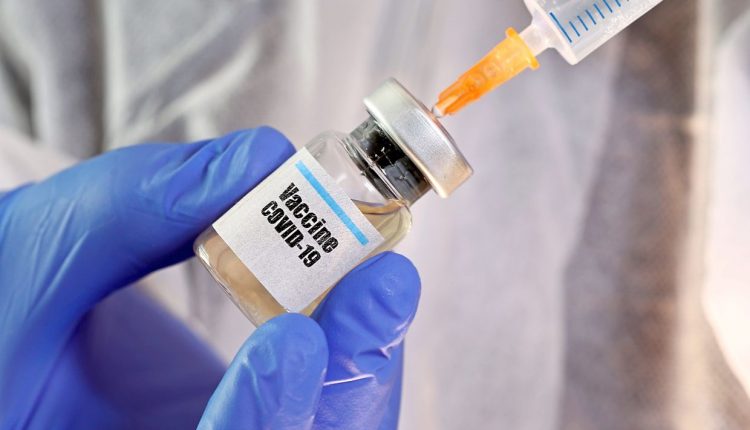PETALING JAYA: The Association of Private Hospitals Malaysia has appealed to the government to rope them in for the National Covid-19 Immunisation Programme.
Its president Datuk Dr Kuljit Singh said private hospitals strongly felt that some assistance should be given to the government, as the current programme, which is expected to end in February next year, was extremely long and not acceptable.
Dr Kuljit said they would be happy to procure vaccines from different sources once approvals are given by the National Pharmaceutical Regulatory Agency (NPRA).
“Private hospitals could be mobilised very fast to complement the efforts of the government in ensuring the majority of the population is vaccinated in the shortest possible time to assist in achieving herd immunity.
“This will include utilising the government-endorsed track and trace system to build a database on provision of vaccination, ” he said in a statement on Tuesday (March 2).
He said the association had sent a proposal to Science, Technology and Innovation Minister Khairy Jamaluddin on Monday (March 1).
Khairy said recently that there would be no immediate provision for private hospitals to purchase vaccines and run vaccination programmes, although this could be considered at a later stage.
“Every patient vaccinated in the private sector, is one patient less that the government has to pay for,” Dr Kuljit Singh said.
“The private sector could possibly impose a surcharge on every patient vaccinated in the private sector (out of pocket), that would (go) towards a fund used by the government to pay for the free public vaccination programme.
“This private-public partnership will assist the nation and also government findings.”
He added that to restart the economy via business/leisure travel and also assist the hospitality industry, some form of vaccine passport system may have to be introduced soon, with care taken to avoid any sort of discrimination.
He said given that different countries may have approved different vaccines, there will exist a demand for vaccines approved by the inbound country and as such, on-ground infrastructure will have to exist in Malaysia to ensure that specific vaccines are available.
One example, he said, would be to restart Haj/Umrah pilgrimages whereby Saudi Arabia may only recognise specific vaccines for the visa applications.
Dr Kuljit Singh said the association is concerned about expatriates and those with diplomatic communities, as the need for near-term travel may be high.
“The current public vaccination programme will only include them in Phase III, which may not be feasible. A private sector vaccination option will assist in these cases, ” he said.
Dr Kuljit Singh also claimed that it would be challenging for the public healthcare system to compel patients to abide by the two-dose regimen, especially for the second dose.
“Companies may decide to fund the vaccinations of their own employees. This will ensure better compliance to the two-dose vaccine, as the company will be managing a much smaller number of employees, ” he said.
Furthermore, he added, involvement of the private sector to potentially provide “company site” vaccination services could be the most appropriate way to move forward.
“We hope that private hospitals are not ignored, as our motives are not to gain profits but to help out as partners with the government. There is a huge demand from the public to get this worked out soon, ” he added.- The Star

